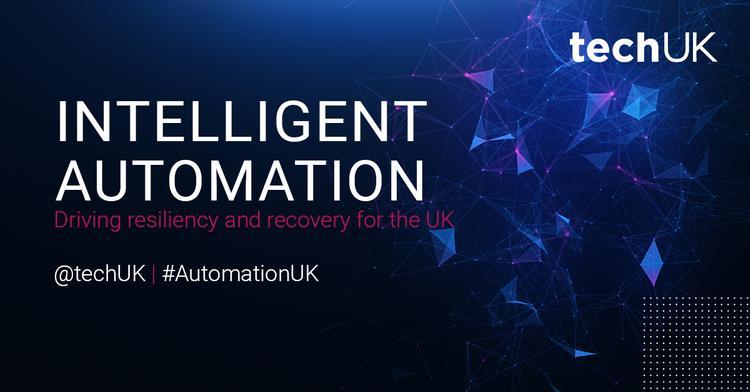Is automation making public sector organisations less diverse?

Robotics and intelligent automation are in the process of transforming the nature of work and the skills required to do it. This presents an opportunity to reduce the well documented risk of automation reinforcing structural inequality and to address diversity issues. With this public sector organisations can capitalise on the benefits that together automation and diversity can bring to business outcomes.
The effect of automation on diversity in the public sector workforce has not so far been widely explored. But, to avoid the risks, it is a conversation that we need to have, and more importantly an issue that public sector organisations need to act upon.
There are three key barriers to embedding diversity into automation initiatives:
1. Automation programmes are often not approached as transformational initiatives and therefore fail to engage multiple functions across the organisation. By contrast, organisations who engage multiple functions in their automation programmes are beginning to reap the benefits with an overall positive adoption of the technology. The risk of automating only small low value task-based activities without considering the bigger picture and the wider impacts makes it harder to address diversity in a meaningful and systematic way.
2. Automation should be about enhancing skills, innovation, and overall smarter ways of working – not just about cutting operational costs. Looking solely at cost as a benefit of automation creates a closed culture and as a result makes it harder to encourage inclusivity and see diversity as a benefit. Organisations are starting to look at the wider people associated benefits of automation, but this approach is still uncommon.
3. The workforce needs to be prepared for automation to ensure everyone affected has an equal opportunity to develop new skills. If this is not approached with a diversity lens, then it is possible organisations will miss out on developing the right skills and as a result impacted groups affected by automation are unable to see these new opportunities as relevant and accessible for them. There is some recognition that new skills are required but many are opting to develop technical skills and not considering skills such as problem-solving, creativity, care and communication – skills most likely to be required in jobs displaced by automation.
So how can public sector organisations integrate diversity into automation?
There are four key steps to integration and enabling the wider organisations to become more diverse.
Understand - The organisation and its leaders need to develop an understanding of how the organisation can be transformed by automation, and both leaders and employees learn about the importance of diversity to enable success and derive most value. HR needs to be engaged up front to support workforce and skills strategies.
Represent: The workforce should be represented in the automation process, and not just consulted after decisions are taken. There should be diversity among the decision makers who are involved in shaping the automation programme.
Engage: Engagement and collaboration between leaders and employees should drive the automation programme, along with upskilling of employees. The HR function should be closely involved in planning for change and the future of jobs. A mindset shift will be required, calling for a culture of continuous learning and adaptable skills.
Integrate diversity and inclusion: Diversity and inclusion should be fully integrated into planning for automation as well as the wider culture, with a clear mandate from senior management. It should be seen as critical to business strategy and non-inclusive behaviours challenged.
Read more in the full report Fast forward to the past: Is automation making public sector organisations less diverse?
You can read all insights from techUK's Intelligent Automation Week here







